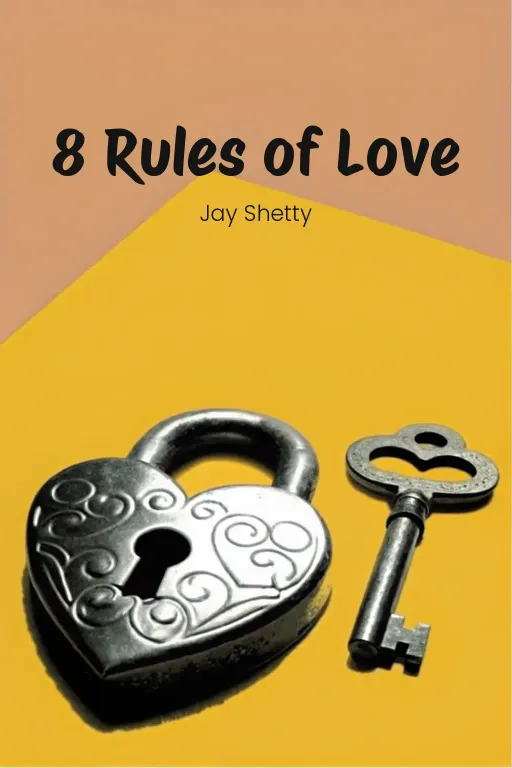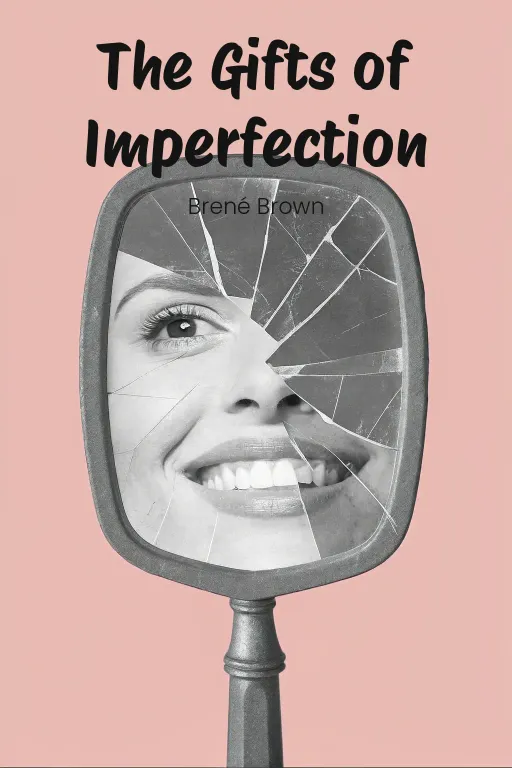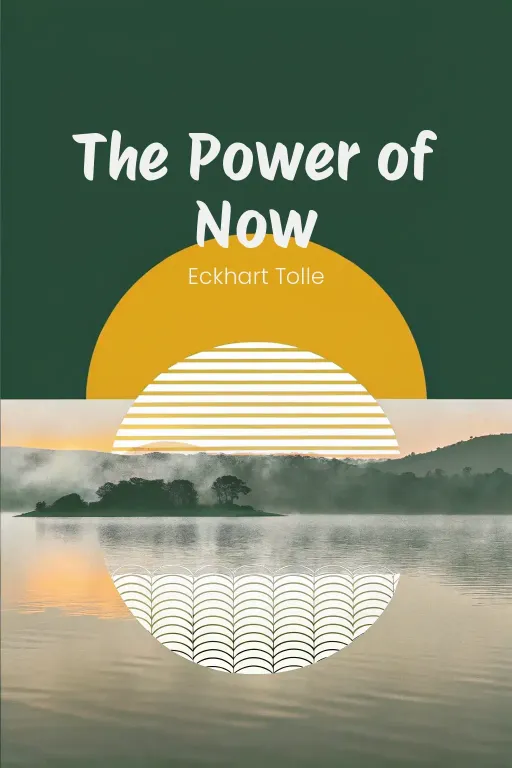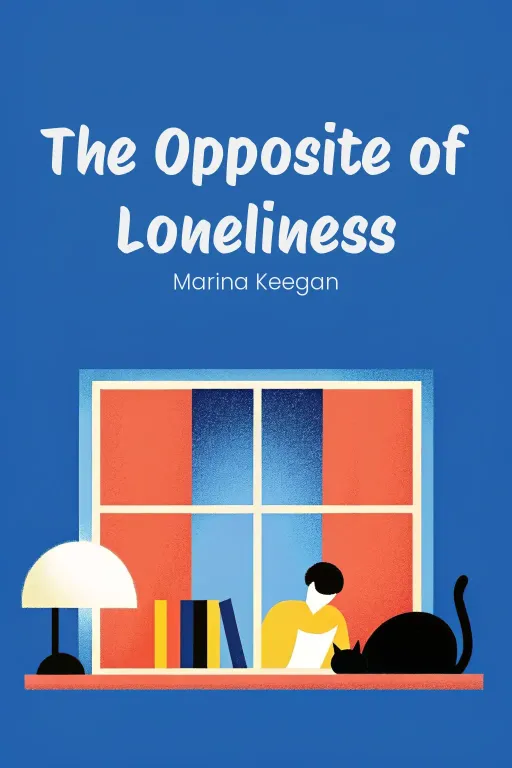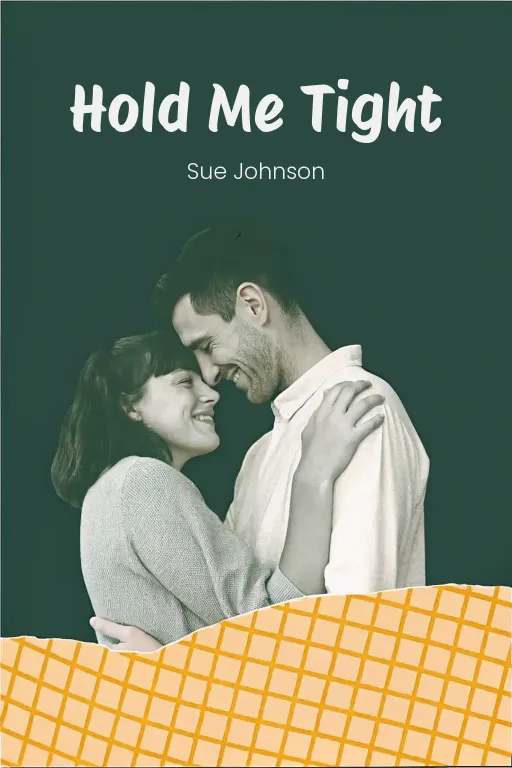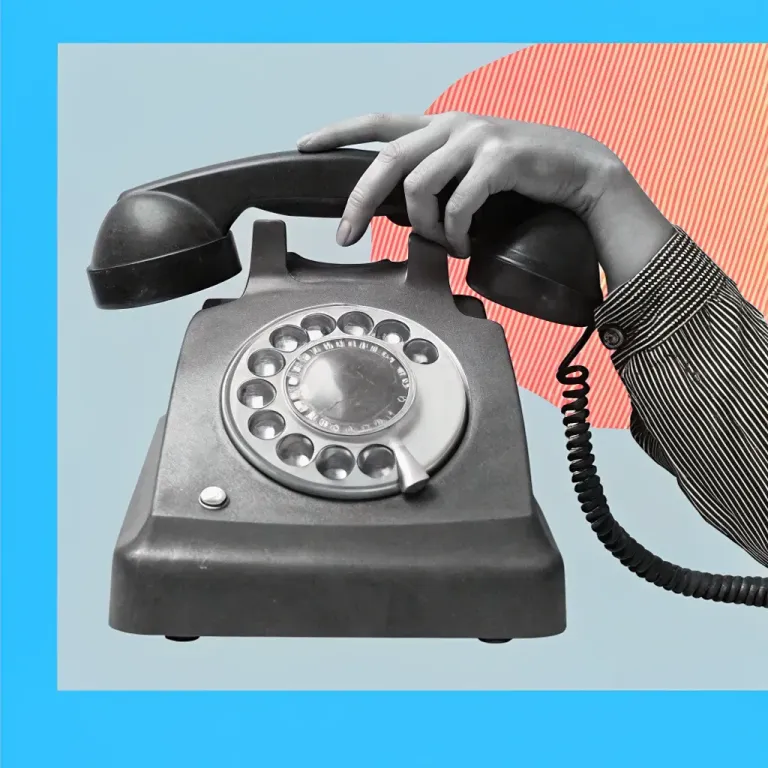
Life's Fragile—Find Your Meaning Now!
Podcast by Beta You with Alex and Michelle
Life's Fragile—Find Your Meaning Now!
Part 1
Alex: Hey everyone, welcome to the show! Have you ever stopped and really thought about how quickly life goes by? Or those quiet little connections that make it all worthwhile? Well, that's exactly what we're diving into today, as we explore stories and essays that pose these questions. Michelle: Exactly. We're talking about Marina Keegan's “The Opposite of Loneliness”. It's one of those books that kind of creeps up on you. It’s a mix of fiction, nonfiction, and insights, and it really hits you, emotionally speaking, of course. Alex: Definitely. It's not just a collection of essays, it's a glimpse into a young, brilliant mind working through everything from love and identity to war and ambition. Through everyday moments and difficult situations, Keegan asks, "What “really” matters?" It's a reminder to live each day with purpose. Michelle: Right, and she's writing from that exciting, but also confusing time in your early twenties – where your ambitions meet the reality of the world. Her writing covers topics like figuring out relationships and confronting the fact that life isn’t always easy. Alex: So, here’s what we're going to explore today. First, the sometimes painful dynamics of love and loss – Keegan's stories are honest about human emotion. Then, we'll look at how her work touches on this awareness of how short life “really” is. And lastly, the search for meaning: how she balances hope with the way things actually are, and why her words feel like a call to action for anyone searching for purpose. Michelle: Connection, vulnerability, ambition… This is going to be intense. Let's jump in!
Themes of Love, Loss, and Relationships
Part 2
Alex: So, carrying on from our chat about connection and ambition, let’s dive into how Claire Keegan writes about love, loss, and relationships . It’s really central to her stories, getting to the heart of our most personal experiences . Her writing doesn’t just mention these themes, does it? It really pulls you in, showing you both the beauty and the pain that can come with any kind of close relationship—romantic, family, friendships, all of it . Michelle: Exactly ! It's striking how differently love shows up in these stories . Like, take "Cold Pastoral"—Keegan just nails that ambiguous feeling of young love . You've got Claire dealing with grief for Brian, but she's also questioning what their relationship even “was". Were they really in love? Or was it just… comfortable, you know? Alex: Spot on . "Cold Pastoral" hits hard because Claire’s overwhelmed by heartbreak and uncertainty . Of course, she loves and misses Brian, but she's also haunted by the vagueness of their relationship . Keegan captures this modern thing where you don’t really say how you feel, where “we like hanging out” replaces actual commitment . Michelle: Right, and after Brian is gone, Claire is left thinking, "Was I important to him? Do I even deserve to be this sad?" Which is… terrifying, let’s be honest . Love is such a vulnerable thing, and Keegan shows how that vulnerability doesn’t just disappear when someone dies . I mean, that image of the microwave spinning while Claire’s memories play in her head? Perfect, right? We keep replaying the past, looking for answers that might not even be there . Alex: It’s haunting because it feels so real . What Keegan captures so well is how the fragility of young love—that mix of passion and insecurity—makes the loss even more painful . Claire’s in this tricky place of being both intimate and unsure . On the surface they were close, but looking back, so much of their relationship feels unclear, unresolved . Michelle: Makes you wonder, would it hurt less if things were clearer? Or is that confusion just part of young love? Alex: Great point . I think Keegan is saying that love is rarely simple, especially when you’re young and figuring things out . But that doesn’t make it less important, not at all . If anything, it makes it more touching . Love changes you, even if it’s unclear or incomplete . It leaves these lasting marks on your heart, doesn't it? Michelle: Speaking of lasting marks, what about Sam and Anna in the middle-aged love story? It's a whole different stage of life, and I found this one just as powerful as Claire's . Anna’s connection with Sam isn’t about the excitement of youth; it’s about finding comfort in being vulnerable and, well, imperfect . Alex: Totally . Anna’s story is a great example of Keegan's understanding of love as we get older . In her marriage, Anna feels unseen, almost like she's fading away . That loneliness gets worse as she ages, and her confidence starts to fade . But then Sam comes along . With him, Anna finds a closeness that goes beyond looks or what society expects . Michelle: And I love how Keegan makes Sam blind in the story . It’s both real and symbolic—he can’t see her gray hair or wrinkles, but he sees her on a deeper level . And that’s what Anna has been missing: to be noticed, to be valued for who she is inside, not how she looks . Alex: Sam gives Anna that acceptance she hasn't felt in a long time . Through their relationship, Keegan is also commenting on how obsessed society is with youth and looks . Anna’s journey is so touching because it reminds us that love can grow and deepen as we age, that it gets better, not worse . Michelle: But you can still feel Anna’s inner struggle—comparing herself to her younger self . Those flashbacks, where she remembers her tight skin and energy, are both sweet and sad . It's a reminder of how time changes not just our bodies, but how we see ourselves . Alex: But Keegan does give Anna a way forward . Her relationship with Sam lets her find a sense of purpose and value again, showing that love at any age can really change your life . It’s not just a consolation prize, it's real and meaningful . Michelle: Which makes you think, Anna’s story is about how connection can last, even when you lose things . Not just the attention of your partner, but your youth, your ideals, your sense of self . Alex: And on the topic of connection, let's not forget that mother-daughter story . This one looks at love in a totally different way . It's not romantic, but it’s about family, built on sacrifice and devotion . Michelle: Oh, right ! The mom with the gluten-free pies! That one hit me hard, maybe because it shows those quiet sacrifices parents make . This mother is handling every tiny detail of her daughter’s life so she won’t feel left out . And the daughter, totally unaware, or maybe even annoyed, because she just wants to fit in . Alex: It’s such a complex picture of love, isn’t it? The mother’s actions are constant, but often taken for granted . The daughter’s embarrassment is such a real teenage reaction . You can feel her frustration . Every pie, every special meal, reminds her that she’s different, that she has limitations . Michelle: Exactly . And the uncle saying, “Three gluten-free pies! You spoiled girl!” really drove that home for me . It's not just that the daughter feels left out . It’s that she’s stuck between wanting to be herself and that pressure to fit in . Alex: Totally . And what’s great about this story is how the daughter’s view changes as she gets older . She starts to see those small things—making pies, packing lunches—as huge acts of love . Her mother’s care wasn’t just about the pies themselves, right? It was about saying, "You matter . Your needs matter ." Michelle: Which, when you think about it, might be the most common way to show love . Just being there, quietly and consistently, even when it’s not exciting . Alex: That’s why this story is so special . It reminds us that love isn’t only about big gestures . It’s in all those little things we do, in the quiet ways we tell someone, "You're not alone ." Michelle: And that’s what makes Keegan’s writing great . Whether she’s writing about young love, getting older, or being a parent, she shows that balance between being vulnerable and strong . It’s not just about loving, it’s about how we hold the people we love in our hands, even when it’s scary, even when it hurts .
The Fragility of Existence
Part 3
Alex: Building on those deep emotional connections, Keegan also explores how we deal with the fact that life is, well, fleeting. It’s here that her writing “really” moves beyond just personal feelings, right? It becomes this bigger, almost philosophical exploration. Michelle, wouldn’t you agree that she’s constantly playing with that tension between what’s permanent and what isn’t, sometimes in “really” stark ways? Michelle: Absolutely. You see it in how she structures these stories, where stability and chaos are practically roommates. Take, for example, William’s letters from Iraq. Talk about a snapshot of how precarious life can be. He's writing to Laura about the sunlight on fruit, these beautiful, normal things, while surrounded by complete and utter mayhem. It’s almost… surreal. Alex: It is, but it also feels so incredibly real, doesn't it? Through William, Keegan shows us how people cling to what they know as everything around them is falling apart. His sometimes cheerful, almost offhand tone is so strange when you place it next to the brutality of the war he's in. And that image he paints of the woman with the severed arm, wandering through the rubble? That stays with you. It “really” drives home how fragile life is. Michelle: What “really” struck me about that part is how unprepared William—and “really”, most of us—are for that level of chaos. The way he starts to see the moral gray areas, the destruction of war… it makes him intensely relatable. There’s this one line where he says, “I didn’t come here for this.” That's his breaking point. He's not just facing his own mortality, but also his role in this instability he's desperate to escape. Alex: Exactly, and that internal battle “really” highlights the theme of existential fragility. William isn’t just overwhelmed by what's happening around him, he's also wrestling with the conflict between being a soldier and being a human being. Keegan's showing us that fragility isn’t just physical, it's emotional, moral, psychological, too. His letters become this record of him falling apart, as much as they are an attempt to hold onto beauty and connection. Michelle: It’s also the eroding of trust in these institutions, right? That hit me hard. It’s not just his body that's in danger over there, it’s his sense of purpose, his belief in what he's doing. And that's what Keegan’s writing does: you're forced to “really” sit with these uncomfortable questions. How do you keep going when stability is just an illusion? Alex: Right. And yet, she also seems to be saying that in these small moments of connection—writing letters, noticing the light—there’s a resistance against chaos. It's like saying, "Even when everything’s falling apart, these small moments of beauty still matter.” William’s reaching for those moments feels like an instinctive way to deal with the fragility he’s surrounded by, don't you think? Michelle: Absolutely. And that idea of fragility takes on a totally different form in Anna’s story, right? No war zones, just the quiet, inevitable process of aging. Keegan doesn’t hold back there. Watching Anna confront her reflection, the gap between her memories of herself and who she is now? It’s rough. Alex: It is rough, but it's also done with such tenderness. Anna's story is so powerful because it's about how we reconcile who we think we are with the fact that time keeps moving. She sees her aging as this slow disappearance, a fading away of the vibrant woman she used to be. Her unhappiness—both with her marriage to Martin and with herself—shows how deeply our identities are tied to how we look and feel. Michelle: And then Sam comes along and flips everything on its head. His blindness is such a clever narrative tool, isn't it? He doesn’t see the aging that Anna is so fixated on. But more than that, because he's blind, their relationship isn't based on looks, but on this deep, genuine connection. It’s like Keegan’s using Sam to show Anna that she's the one stuck in her own head. Alex: Exactly! Sam becomes a mirror for Anna, showing her what love can be when it’s not about appearances. Through their relationship, Keegan challenges society’s obsession with youth and beauty. It’s not that Anna's insecurities magically disappear, but Sam gives her a space where she feels valued for who she is—and through that, she starts to reclaim her own worth. Michelle: But Keegan never lets us forget how fragile things are, even then. Martin’s heart attack… that one hit hard. Anna’s just starting to find her footing, and then BAM, everything changes. It's a brutal reminder that life doesn't wait for you to figure things out. Alex: That moment is so devastating because it shows how quickly life can fall apart. One minute she’s making dinner, the next her whole world is turned upside down. Keegan forces Anna—and us—to face the fact that we're not “really” in control. All we can do is try to adapt and cope, even when we feel like the rug’s been pulled out from under us. Michelle: Which brings me back to something Keegan keeps circling back to: the balance between those fleeting moments of stability and the fact that everything changes. Anna’s aging, William’s war zone, even the parental love we talked about before—it’s all these little snapshots of how temporary everything is. Alex: And yet, there’s something “really” beautiful about that, isn't there? Keegan doesn’t just make us confront the fact that life is fleeting, she challenges us to find meaning in it. That’s why her work sticks with you: she acknowledges how fragile life is, but also celebrates those small acts of resilience and connection that make it worthwhile. Michelle: Yeah, and maybe that's the most honest thing about her writing. Life is messy, unpredictable, fragile. That's just a given. But it's in that fragility that we find out who we “really” are. It's powerful stuff, huh?
The Search for Meaning and Belonging
Part 4
Alex: So, this awareness of how fragile life is naturally leads us to think about how people try to find meaning and connection, right? And I think that's really what Keegan's work is about – this constant push and pull between what society expects, being true to yourself, and, well, just wanting to feel like you belong and that you matter. Michelle: Yeah, isn't that the big existential puzzle? Keegan really gets into this idea that we're all trying to find our purpose, especially when the systems around us don't exactly make it easy. Whether it's chasing that fancy title or just trying to figure out what it means to truly connect with others, she's hitting on this deep desire we all have. So, where do we even begin with this? Alex: Well, let's start with how Keegan critiques the pressures society puts on us, especially when it comes to choosing a career. One of her strongest points is how these elite environments tend to push young people into fields like finance and consulting. These industries kind of take over, promising success, but often it's at the cost of actually feeling fulfilled. Michelle: Ah, the classic career treadmill. I mean, there's no denying that “prestige” has this allure. High salaries, fancy titles, the feeling that you're doing something important… But Keegan's pulling back the curtain, saying, "Hey, this kind of success comes with a price." And she's not wrong – are these graduates really chasing a purpose, or are they just trying to look good on paper? Alex: Exactly! She even uses the term "grinder machine" to describe how these industries almost "harvest" new grads. And Alexandra Brodsky, one of the students she quotes, really captures that feeling of disillusionment. She talks about how so much talent gets funneled into things that don't really benefit society, which is a stark contrast to all the idealistic talk at graduation or the dreams of actually making a difference. Michelle: Right, there's this professor who calls the consulting and finance pipelines exploitative, describing how they snatch up these bright, ambitious young people, hook them with the promise of prestige, and then burn them out to keep the corporate machine running. Heavy, but there's truth to it. But I think Keegan's critique goes deeper than that. She's not just against these industries; she's asking, "At the end of the day, what's the real impact of this work?" Alex: And that’s why she emphasizes the urgency of pursuing your real passions, especially as you’re graduating. She sees that moment—when you have ambition and opportunity—as a turning point. It’s a chance to step back from what people expect and really lean into what feels right for you. And for Keegan, that authenticity comes from making contributions that go beyond your own personal gain, contributions that focus on making a difference in society or just fulfilling yourself. Michelle: But here's the thing: Keegan's idealism is definitely inspiring, but is it a little… you know, naive? I mean, rent is still due at the end of every month. Sure, passion is important, but it's not like becoming a poet or a sculptor is a financially smart choice for everyone. Alex: That’s true. And Keegan doesn’t ignore the need to be practical. What she’s questioning is this unquestioned assumption that stability and money always come before passion. She shows us this tension through characters like Joe Breen. He wants to create community spaces, but feels like his job in commercial real estate is exploitative. It highlights the very relatable struggle of balancing your personal sense of ethics with needing to make a living. Michelle: Joe's story really drives it home, doesn't it? He's passionate about community, but his job clashes with those values. It's almost a classic tragedy – how do you reconcile ambition with your conscience? You can feel the pressure of societal expectations pushing him towards "playing the game," even as he tries to find some space to do something that matters. Alex: And then there’s Alexandra Brodsky again, voicing her frustration with the advice she’s getting from these institutions. She points out that these same institutions that give these big, world-changing speeches at graduation don’t offer any real pathways or support for the students who actually want to pursue careers that align with those ideals. That’s one of Keegan’s most insightful observations—it highlights how often the nice words we hear don't match up with the reality of entering the workforce. Michelle: It’s like they're being told, "Go change the world!" but the real message is, "But also, make sure you get that six-figure salary." And honestly, I get why that happens—nobody wants to take a huge risk without a safety net. Still, Keegan's right to challenge that system. Her work is like a plea, asking, "What would happen if we valued meaningful contributions more than predictable success?" Alex: That's where she focuses on the individual. Keegan doesn't just critique the usual paths—she celebrates people who are willing to step off them. She believes that passion and being true to yourself are not just personal goals, but also essential for making progress in society. She thinks that systemic change starts with individual choices, with young people being brave enough to create their own unique paths. Michelle: Okay, but are those individual choices enough to actually change the system? That’s where I get a little stuck on her argument. It feels like she’s putting a lot of emphasis on personal decisions, but isn’t that only part of the equation? There’s also the structure itself—the demand for corporate labor, for expertise that gets funneled into specific fields. Can graduates really “step off the track” without risking their own stability? Alex: That’s a fair point. I think what Keegan’s doing is starting a conversation rather than trying to give all the answers. She’s asking us to question our tendency to just go with the flow, even in small ways. Think about Sam Bekenstein—he chooses consulting, but for him, it’s conscious. He sees it not as a compromise, but as a thoughtful decision to make a difference within the existing system. That adds complexity to her argument, reminding us that even conventional paths can be shaped by our personal values. Michelle: True, Sam’s path seems deliberate, unlike some of the other characters' choices. It’s like Keegan’s saying, “It’s not so much about what you do, but why you’re doing it.” And ambition doesn’t have to be a bad thing, as long as it's driven by purpose rather than just appearances. Alex: Exactly. And her stories always come back to this idea that meaning is multi-layered—it’s not just about your career; it’s about the connections you make, the impact you have. For Keegan, belonging and having a purpose are deeply connected. Whether it’s through personal relationships or our careers, her work challenges us to ask ourselves if we’re living authentically, or just trying to meet expectations. Michelle: So, in the end, the search for meaning and belonging comes down to this: how do you find your place in a world that’s constantly changing, constantly asking you to define yourself? Keegan doesn’t give us a simple answer, but she definitely makes us think about that question. And maybe, that’s the whole point.
Conclusion
Part 5
Alex: So, as we bring this to a close, it's clear that Keegan's “The Opposite of Loneliness” goes beyond just those initial, youthful feelings. It’s really a deep dive into love, loss, and how we find our place in this pretty fragile thing we call life. Whether it's Claire figuring out young love, Anna finding connection as she gets older, or William capturing the chaos of war, Keegan shows us that life's complexities are both hard and beautiful, right? Michelle: Right. And she's not afraid to ask those tough questions, is she? Like, what does it even mean to live a real, authentic life? How do we stay true to ourselves when society is constantly telling us what to do? And how do we deal with the fact that everything changes? Keegan doesn’t give us easy answers, but she really makes us think about what's important, just by asking the questions. Alex: Exactly! Her work reminds us that every little connection, every beautiful moment, adds up to something meaningful. And it's up to us to really value those moments and embrace them, don't you think? Michelle: Or, at the very least, step back and ask, "What am I even doing? What am I clinging to, and why?" If Keegan leaves us with anything—and she leaves us with a lot—it’s this challenge to live intentionally, to search for connection even when things get messy. Alex: Absolutely. So, to anyone listening, take a page from Keegan's book: be vulnerable, chase what you love, and don't be afraid to challenge the status quo. Life’s fragile, sure, but it’s also bursting with possibilities – and that's definitely worth celebrating. Michelle: I'll second that. Although, I was tempted to throw in another joke about hugging my cat, but I’ll restrain myself. Alex: <Laughing> Always the comedian, Michelle. Well, thank you all for joining us on this exploration of Marina Keegan’s work. Michelle: Until next time, keep questioning, keep connecting, and who knows, maybe you'll discover your own opposite of loneliness. Alex: Take care everyone!


